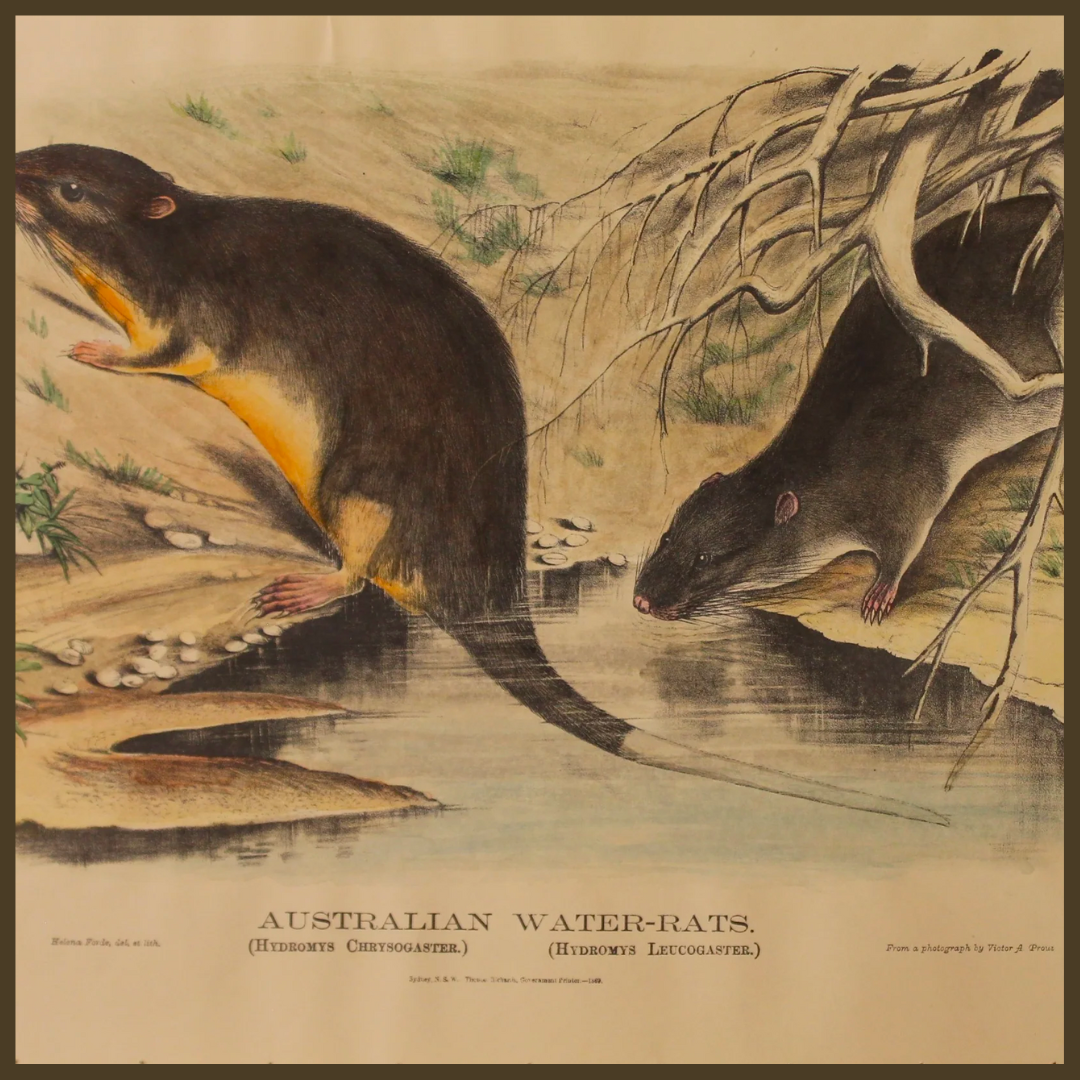
HISTORY OF EQUESTRIAN AND HORSE RACING IN GREAT BRITAIN
Share
When James I set eyes on the village of Newmarket in 1605, he knew it was destined for equestrian greatness. Since then, it’s been known as the home of horseracing in England. And a little over 100 years later, Queen Anne made a similar discovery when riding on the heaths near Ascot. We still commemorate her find today with the Queen Anne Stakes – the opening race at Royal Ascot.
Horse racing in Great Britain is an equestrian performance sport, typically involving two or more horses ridden by jockeys
(or sometimes driven without riders) over a set distance, for competition. It is one of the most ancient of all sports, as its basic premise – to identify which of two or more horses is the fastest over a set course or distance – has been unchanged since at least classical antiquity.
The sport has taken place in the country since Roman Times and many of the sport's traditions and rules originated there. The Jockey Club, established in 1750, codified the Rules of Racing and one of its members, Admiral Rous, the foundations of the handicapping system for horse racing including the weight for age scale. Britain is also home to racecourses including Newmarket, Ascot and Cheltenham and races including The Derby at Epsom, The Grand National and Cheltenham Gold Cup. The UK has also produced some of the greatest jockeys, including Fred Archer, Sir Gordon Richards and Lester Piggott.
Britain has also historically been a hugely important centre for thoroughbred racehorse breeding. In fact all racehorses are called English Thoroughbred, the breed having been created in England. All modern thoroughbred racehorses can trace a line back to three foundation sires which were imported to Britain in the late 17th/early 18th Centuries and the General Stud Book published by Janes Weatherby still records details of every horse in the breed.
Gambling on horseraces has been one of the cornerstones of the British betting industry and the relationship between the two has historically been one of mutual dependence. The betting industry is an important funder of horse racing in Great Britain.
Related Tag: Natural History Prints



